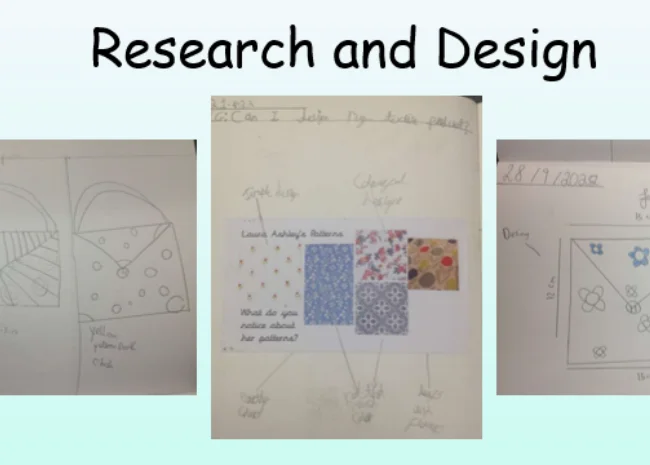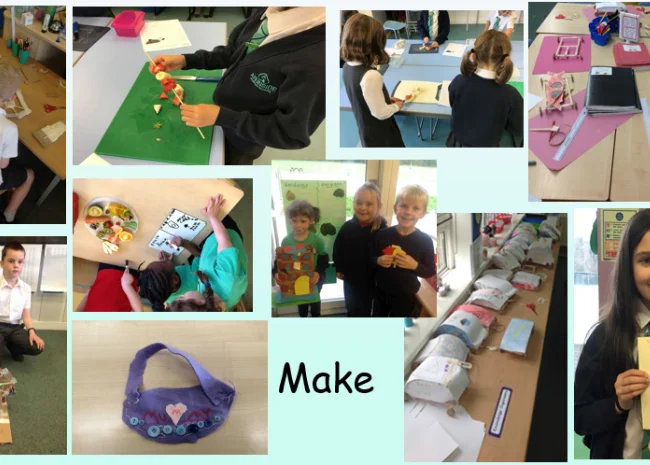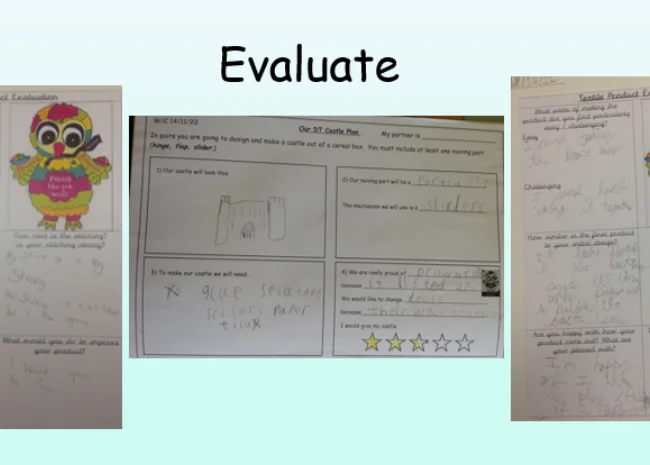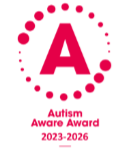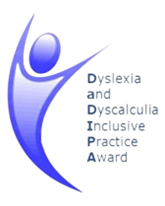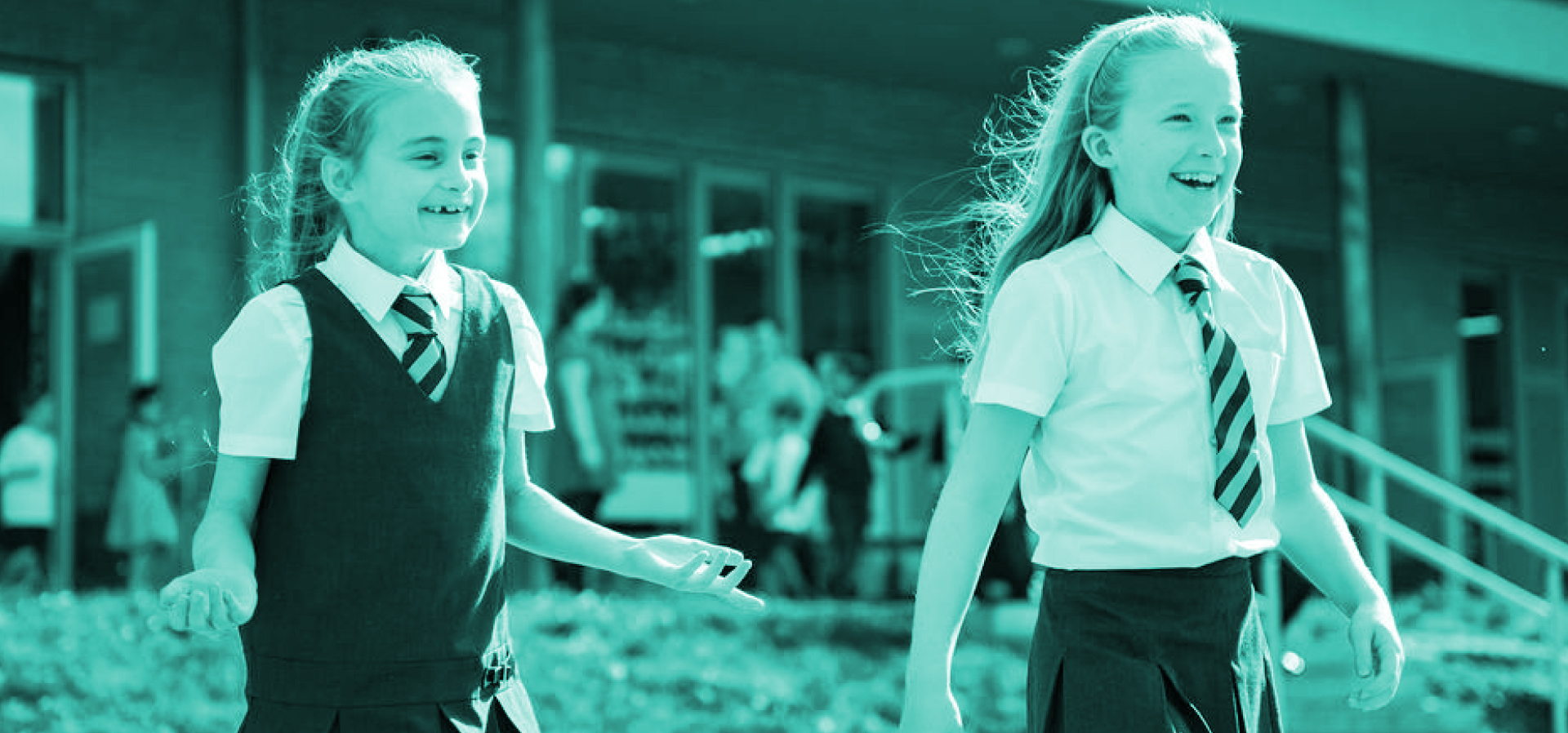
Design and Technology
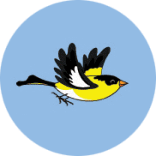
Intent
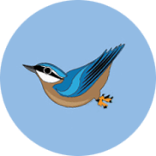
Implementation
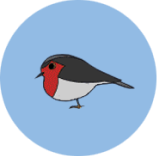
Impact

1. Intent
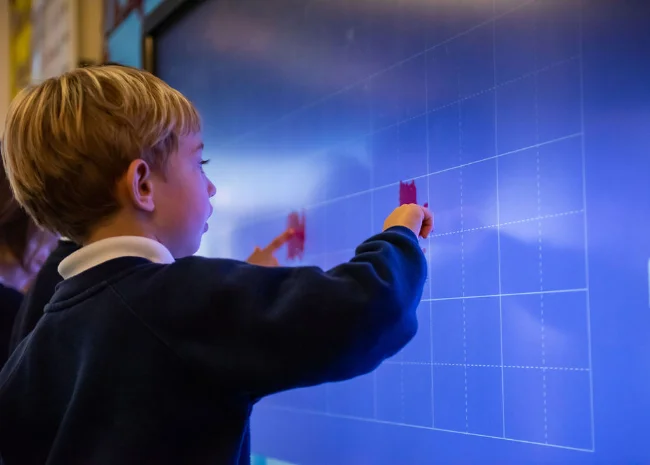
Design and Technology (D&T) is a vital part of our curriculum as it helps to prepare children to deal with tomorrow’s rapidly changing world. D&T should provide children with a real-life context for learning whilst learning about past and present technology. At Arunside, children receive D&T curriculum which allows them to exercise their creativity through designing and making. The children will work towards end goals following the principles of the 3Ss – Make ‘Something’ – For ‘Someone’ – For ‘Some Purpose’. The children are taught to combine their designing and making skills with knowledge and understanding in order to design and make a new product. In these fun and engaging lessons, the children will also develop their use of technical vocabulary. In D&T lessons, children will be inspired by engineers, designers, chefs and architects to enable them to create a range of structures, mechanisms, textiles, electrical systems and food products with a real-life purpose. Correct equipment will be chosen and used accurately by the children and methods will be carefully selected to match the task and used effectively. The skills learned in D&T also help with learning across the curriculum. Here are some examples – knowledge about the properties of materials helps in Science and the practice of measuring accurately helps in Mathematics. Teachers follow the ‘Projects on a Page’ documents supplied by The Design and Technology Association to support their planning.
2. Implementation
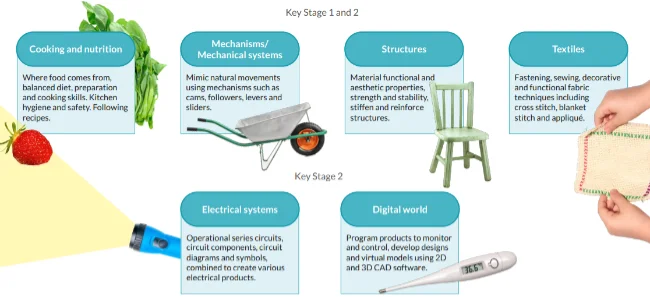
We use a clear and comprehensive scheme of work in line with the National Curriculum where teaching and learning should show progression across all key stages within the strands of Design & Technology. The scheme follows a spiral curriculum, with key areas revisited again and again with increasing complexity, allowing pupils to revisit and build on their previous learning. The Design and technology national curriculum outlines the three main stages of the design process: design, make and evaluate. Each stage of the design process is underpinned by technical knowledge which encompasses the contextual, historical, and technical understanding required for each strand. Cooking and nutrition* has a separate section, with a focus on specific principles, skills and techniques in food, including where food comes from, diet and seasonality. Knowledge Organiser’s are used by the children to identify new vocabulary, people of interest and new techniques. These are available to parents by request, due to Kapow copyright laws.
Through Kapow Primary’s Design and technology scheme, pupils respond to design briefs and scenarios that require consideration of the needs of others, developing their skills in six key areas.
Each unit children are introduced to an engineer, designer, chefs or architect linked to their current topic, providing children with a with a real-life context and inspiration.
We believe our pupils should be equipped with the skills and knowledge to describe their learning, by using technical terminology accurately and precisely. They should build up a repertoire of extended vocabulary, knowledge and apply this throughout their learning journey. Key vocabulary for each unit of work is displayed in classrooms and referred to during lessons. There is a Progression of Vocabulary document which is used across the school. Knowledge organisers for each unit support pupils in building a foundation of factual knowledge by encouraging recall of key facts and vocabulary.
A variety of teaching and learning styles are used in D&T lessons with the aim of developing children’s knowledge, understanding and skills. This could be through independent tasks or paired and group work. through practical hands-on, computer-based, investigation or research-based activities and inventive tasks. With cross-curricular links made throughout. Our lessons are enhanced through learning from a wide range of external resources. These include online workshops and talks, taking part in national and local competitions, e.g. Roar 2020 and the Leaders Award. Lessons are differentiated to ensure that lessons can be accessed by all pupils and opportunities to stretch pupils’ learning are available when required.
Strong subject knowledge is vital for staff to be able to deliver a highly effective and robust Design and technology curriculum. Each unit of lessons includes multiple teacher videos to develop subject knowledge and support ongoing CPD.
Early Years Foundation Stage
During the EYFS pupils explore and use a variety of media and materials through a combination of child initiated and adult directed activities. They have the opportunities to learn to:
- Use different media and materials to express their own ideas
- Use what they have learnt about media and materials in original ways, thinking about form, function and purpose
- Make plans and construct with a purpose in mind using a variety of resources
- Develop skills to use simple tools and techniques appropriately, effectively and safely • Select appropriate resources for a product and adapt their work where necessary • Cook and prepare food adhering to good health and hygiene routines
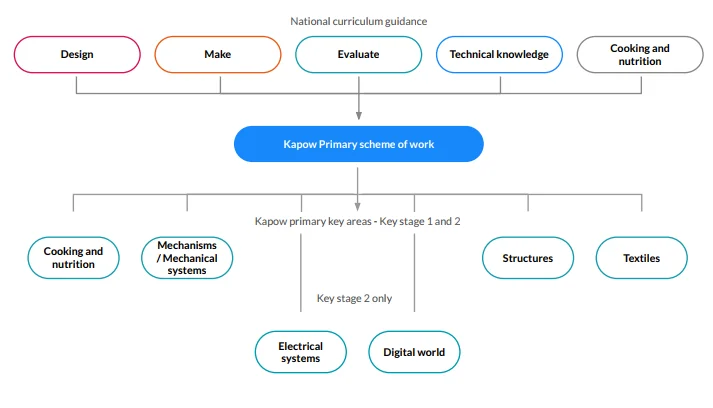
3. Impact
It was very tricky but it was rewarding when you finally finished. I couldn’t wait to give it to my family.
Y5It
Before we do the cooking we do this sheet about what we’re going to make.
Y3
It was really fun sewing the buttons on. I have started to sew the rip in my trousers at home.
Y5
We have learnt a lot about aerodynamics and looked at different pictures of cars. We have learnt what potential energy is and what kinetic energy is.
Y4
I like making a wheel that could move around
Y2
I enjoyed sharing my new skills with my family
Y6

